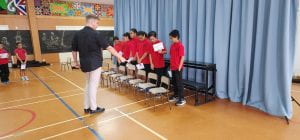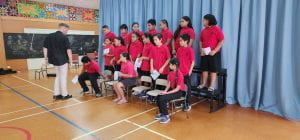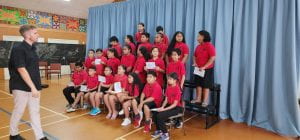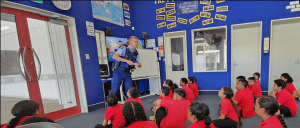
Constable Gordon, our community guest speaker, talked to us about the real world today. We used laminated cards with different case scenarios to spark discussion in small groups about how to categorise them as safe, unsafe, or unsure.
Each case scenario was ambiguous because it depended on the context and the people involved. For example, “if someone is staring at you while you come out of the pools…”. If the person staring is a toddler or someone with learning challenges who is unaware of social etiquette, it is unclear whether the situation is safe or unsafe.
Key ideas:
• identify behaviours of other people that make them feel unsafe or uncomfortable
• distinguish between touch they like, touch they don’t like, and touch that confuses them
• say “no” to unwanted touch
• use Stop, Walk, Talk in risky situations.
Overall, the activity made us all more aware of our safety boundaries, regardless of who the other person is.
If you have any questions, talk with your teacher or an adult you can trust.
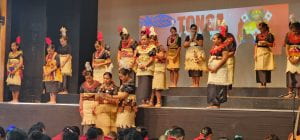
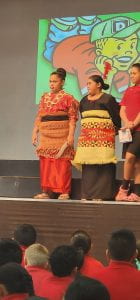
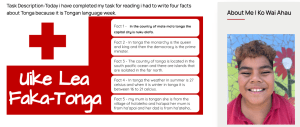
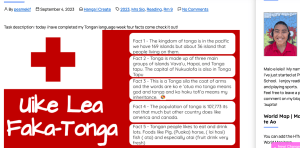
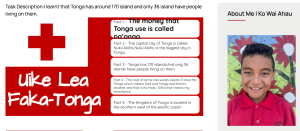
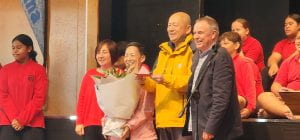
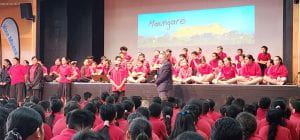
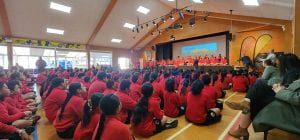
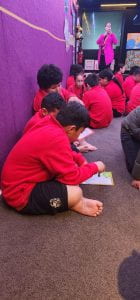
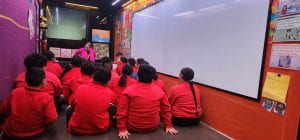
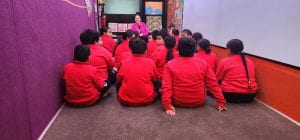
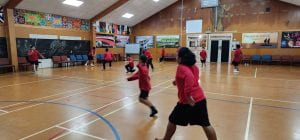
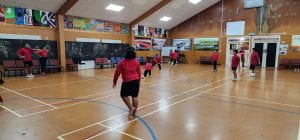
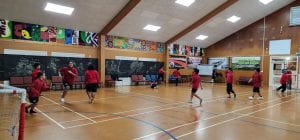
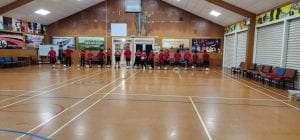

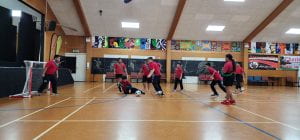
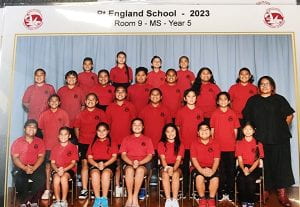
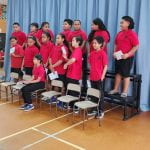 How do we take such great class photos?
How do we take such great class photos?